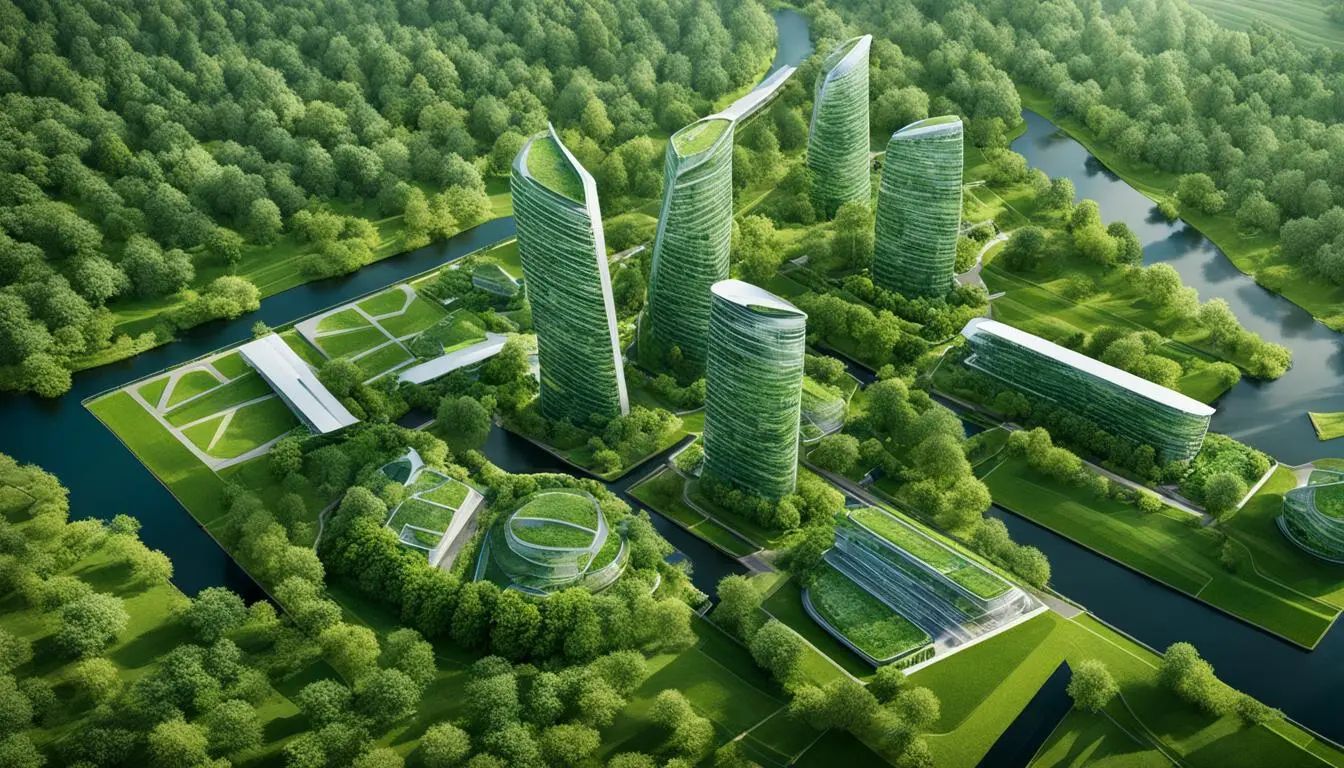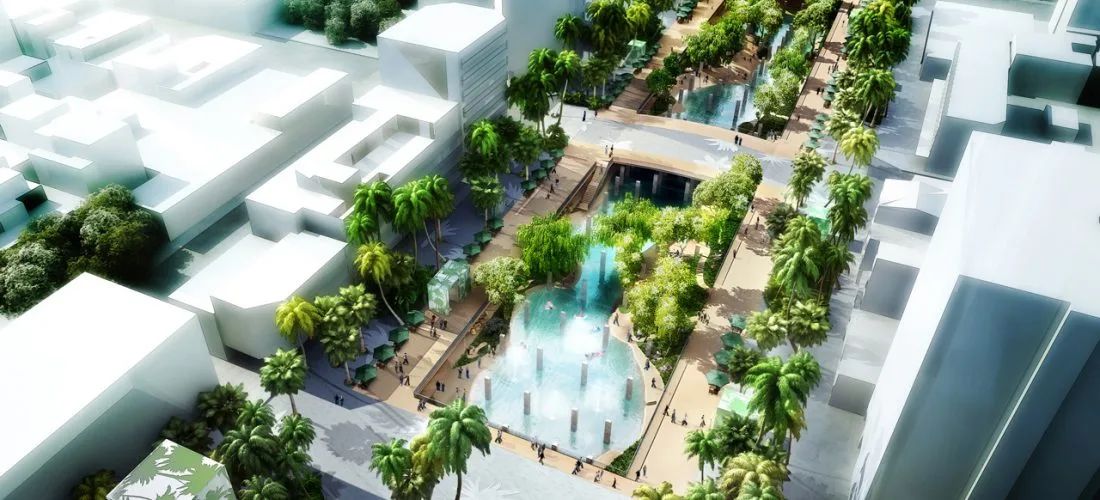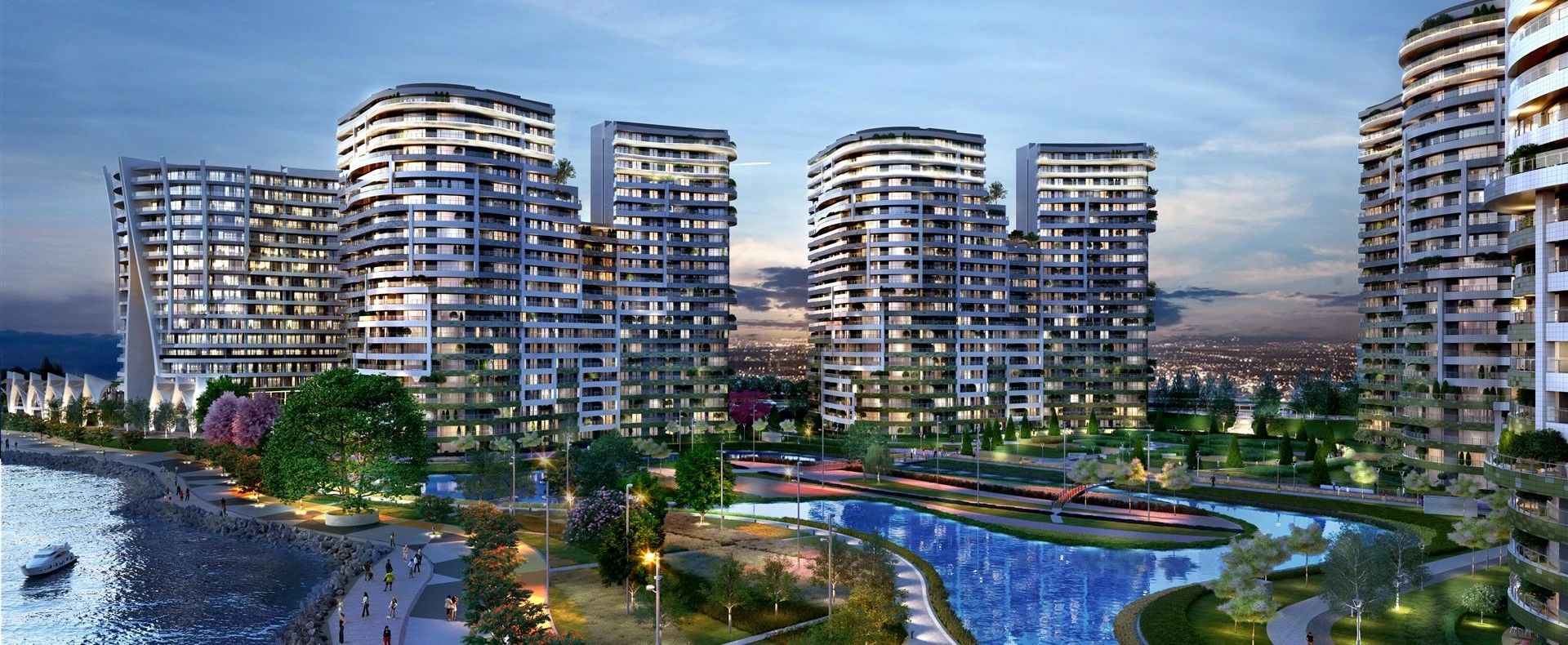Sustainability and Green Buildings Guide for Turkish Real Estate Investment
News from Türkiye

As the world increasingly focuses on environmental responsibility, sustainability has become a key factor in the real estate industry. In Türkiye, the demand for green buildings and sustainable real estate investments is on the rise, driven by both environmental concerns and the growing recognition of their long-term financial benefits. Green buildings, designed with energy efficiency, resource conservation, and eco-friendly materials, are not only better for the planet but also offer higher returns on investment due to reduced operational costs and increased tenant demand. This shift toward sustainability is reshaping the Turkish real estate market, attracting both local and international investors eager to capitalize on the growing trend. In this blog, we will explore how sustainability and green building initiatives are transforming the Turkish real estate landscape, the benefits they offer to investors, and the future of eco-friendly developments in Türkiye.
Green Building Certifications and Their Applications in Türkiye
Green building certifications play a crucial role in ensuring that construction projects meet high environmental and sustainability standards. In Türkiye, certifications such as LEED (Leadership in Energy and Environmental Design), BREEAM (Building Research Establishment Environmental Assessment Method), and SGS Green Building Certification are gaining momentum as developers and investors recognize the long-term benefits of eco-friendly structures. These certifications focus on various aspects such as energy efficiency, water conservation, indoor environmental quality, and the use of sustainable materials. In Türkiye, cities like Istanbul, Ankara, and Izmir are increasingly seeing green-certified buildings, particularly in commercial real estate, as demand for sustainable properties rises. The implementation of these certifications not only enhances the value of the property but also attracts environmentally-conscious tenants and investors. Additionally, the Turkish government’s support for sustainable urban development and green initiatives further strengthens the application of these certifications, driving a shift towards more responsible and sustainable real estate development across the country.
The Use and Benefits of Sustainable Building Materials
Sustainable building materials are essential components of green construction, offering both environmental and economic benefits. These materials, such as recycled steel, bamboo, cork, and low-VOC paints, are sourced responsibly and are designed to minimize environmental impact throughout their lifecycle. The use of sustainable materials helps reduce carbon emissions, energy consumption, and waste during construction and beyond. For example, materials with high thermal mass, such as recycled concrete, can improve a building's energy efficiency by maintaining temperature stability and reducing the need for heating and cooling. Furthermore, sustainable materials often have a longer lifespan, lower maintenance costs, and contribute to healthier indoor air quality by reducing the presence of harmful chemicals. For developers and investors, opting for these materials can also result in higher property values and increased market demand, as more buyers and tenants prioritize eco-friendly living spaces. In Türkiye, as the demand for green buildings continues to grow, the use of sustainable building materials is becoming a key factor in the development of energy-efficient, environmentally responsible properties.
Investment Potential of Energy-Efficient Real Estate Projects
Energy-efficient real estate projects offer significant investment potential, making them an increasingly attractive option for developers and investors worldwide, including in Turkey. These projects are designed to minimize energy consumption, reduce operational costs, and lower carbon footprints, all while providing a higher level of comfort and sustainability. Energy-efficient buildings typically feature advanced insulation, energy-efficient heating, ventilation, and air conditioning (HVAC) systems, and smart technologies that optimize energy use. This not only reduces utility bills for tenants but also makes the property more appealing to environmentally conscious buyers and renters, boosting demand. Additionally, energy-efficient properties tend to have higher long-term value and more stable rental incomes, as they are less susceptible to fluctuations in energy prices. In Turkey, as the government continues to emphasize sustainability and energy conservation through policies and incentives, investing in energy-efficient real estate has become an opportunity for significant returns. As the market for green buildings grows, energy-efficient properties offer both financial benefits and alignment with global sustainability trends, making them a promising area for investment.






